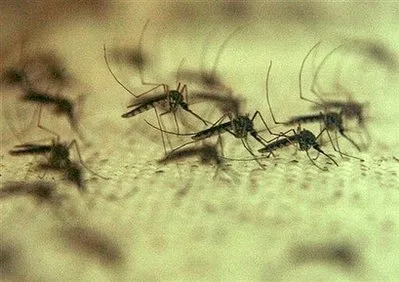RDI trains Nigerian journalists on “gene drives” controversies

The Renevlyn Development Initiative (RDI) held a training for Nigerian journalists on controversies regarding the ‘gene drives’ research organizations that are said to target Africans as “guinea pigs.”
Gene drive is a technology that allows a chosen set of genes to alter an animal’s biology in certain ways, such as making them produce sterile offspring, leading to an inability to reproduce, which then sweeps through a population, upending the “laws of inheritance.”
The training was held on Friday, March 22, and was done to help journalists to understand the issues and report the controversies robustly, according to the organizers.
Philip Jakpor, the Executive Director of RDI, said that the organization realized that the media is key not only in keeping the public informed but also in “exposing and interrogating initiatives and innovations that are extraneous to Africans and African culture as part of its watchdog role”.
Specifically, the genes copy themselves exponentially through generations, rapidly dominating the whole population.
Potentially, scientists argue that the careful use of gene drives could save millions of lives. For instance, making mosquitoes unable to transmit malaria, or even eliminating mosquitoes as a whole.
The possibility of a solution to major infectious diseases makes a compelling case for such a methodology.
Austin Burt of Imperial College London introduced gene drives in 2003.
(Premium Times)





